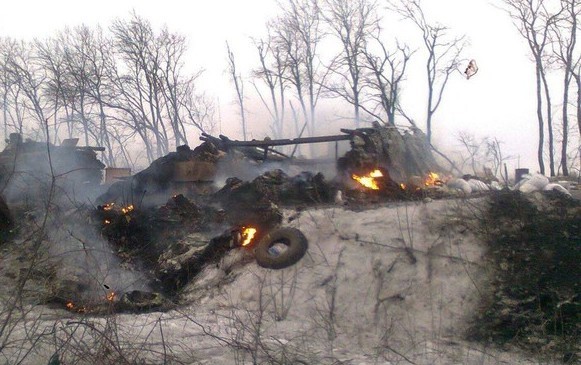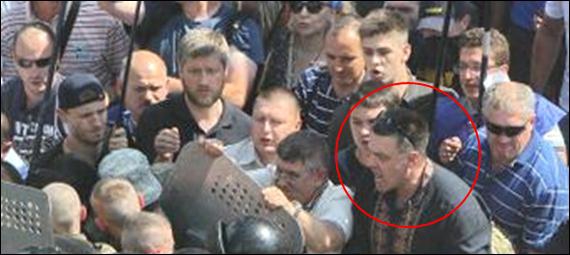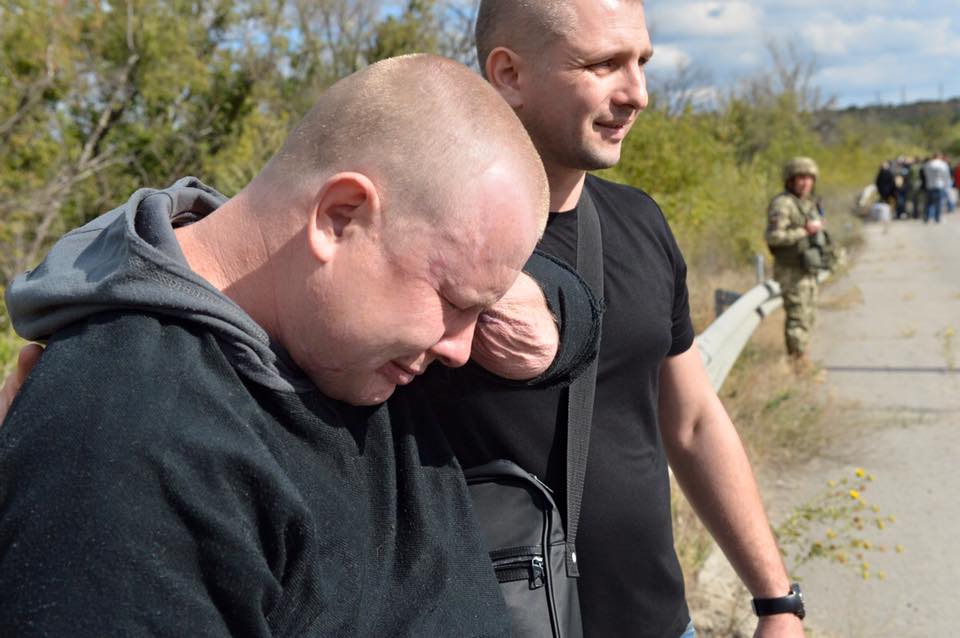Russia is now experiencing its own “end of history,” Irina Pavlova says, but it has turned out to be “not liberal democracy but a new turn back to the enslavement of Russian society, the consequences of which will be its further degradation with prospects that are dangerous both for the country itself and for the entire world.”
Unfortunately, she continues in an essay posted online today, “the West is only beginning to recognize the seriousness of the problems which the present-day Russian regime presents for the world.” And besides some rhetorical flourishes, the West has not taken any steps which really hurt Putin: indeed, those it has taken “only strengthen [him] in the eyes of his population.
The West generally and the US in particular need to display both wisdom and political will to effectively oppose the political challenge the Kremlin now presents, the historian says. Its response must deprive the Russian authorities of their ability to use “ignorance, lies and disinformation” to promote its goals.
For this, Pavlova says, “it is vitally important to find ‘the key’ to changing the policy of the current Russian powers that be,” to undermine “the pro-Stalinist identity within the country, and to destroy that image of the global world which the Kremlin is tring to construct by using the values and methods of Stalinist great power ideas.”
Unfortunately, she continues, Western analysts have not yet been up to this task because they are wedded to the idea that Russia was on the right path after 1991 until relatively recently, with some seeing the problem beginning with the war in Ukraine and others with Putin’s coming to power and the war in Chechnya.
In fact, the Russian problem now has much deeper roots. “Few Western specialists on Russia are prepared to acknowledge that perestroika was a KGB-planned operation directed at seizing power with the goal of privatizing state property” or that “in August 1991 there was no liberal let alone a democratic revolution” but rather a carefully planned operation to “channel” mass enthusiasm in the direction the agency needed.
“Today, all real policies of the Kremlin are a collection of covert special operations,” she writes. In order to understand this,” one must do what Western specialists do not want to do: recognize that what the Kremlin is doing is reproducing “the Stalinist mechanism of power.”
“It has been an unwelcome surprise for Western publics how well the Kremlin and its ‘information forces’ have studied the weakness of Western leaders and how capably they are using this in their propaganda.” Moscow’s propagandists “do not fear the West; they have contempt for it.” The West thought it was “’civilizing’ Russia” after 1991; Russia viewed this period as a time for “recruiting its own anti-Western supporters.”
These people “not only studied the activity of Western international institutions and successfully embedded into them, but they adopted the arsenal of the rhetoric of international law and the methods of contemporary information wars.” Among the leaders of this, Pavlova says, are Vladimir Solovyev, Vladimir Kulistikov, Natalya Narochnitskaya, Andrannik Migranyan, Yevgeny Popov, Sergey Markov and many, many others.
“The most important part of the great power strategy of the Kremlin is the special operation of the Kremlin concerning ‘the struggle with the threat of Nazism.’ The Russian powers that be have successfully privatized the role of the main world fighter with this invented threat” in order to block anyone from seeing the similarities of Stalinism and Nazism.
This particular special operation was prompted by the growth of national self-consciousness in the former Soviet republics, she suggests; and Moscow created “a new generation of Russian historians organized by the FSB” to promote national discord among these countries.
In doing so, the Moscow propagandists are not reviving the post-1956 Soviet view but rather that of high Stalinism, denying the existence of the secret protocols of the Molotov-Ribbentrop Pact, the cooperation of Hitler and Stalin, and their joint responsibility for the beginning of World War II in Europe.
“Today,” Pavlova says, “it is obvious how successfully the Kremlin and its ‘information warriors’ have been able to impose on international society its discourse on ‘the struggle with the threat of Nazism.’” Many pick up Moscow’s line on “’the fascist junta’” in Ukraine and the need to struggle with fascism everywhere.
Even some opponents of the Russian regime pick up on this by talking frequently about comparisons of Putin and Hitler, Pavlova says. But that sometimes works to Moscow’s benefit: it treats things too superficially for the West to recognize what it has to do. And it leads some to think that the Putin regime will pass from the scene as quickly and permanently as Hitler’s did.








